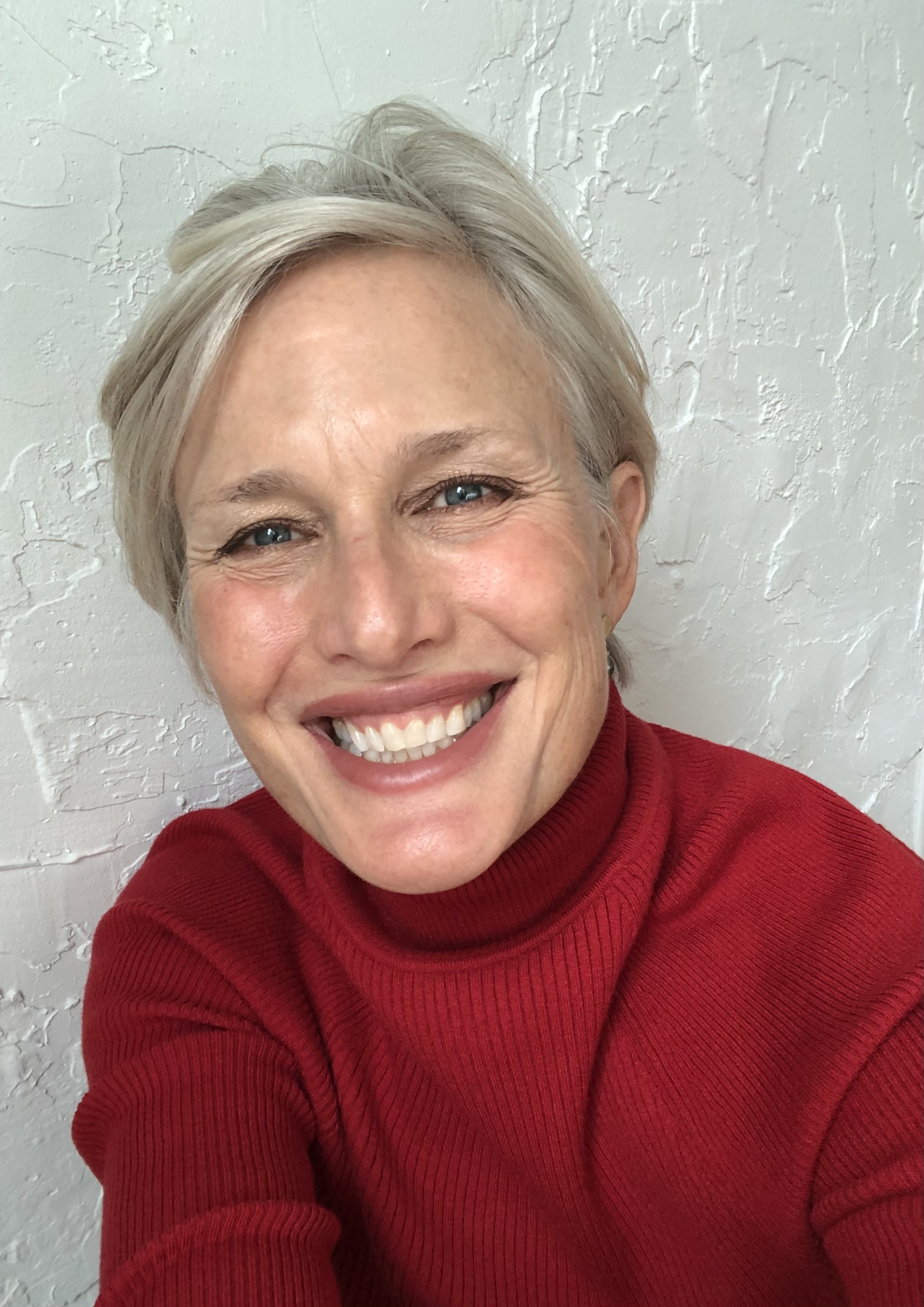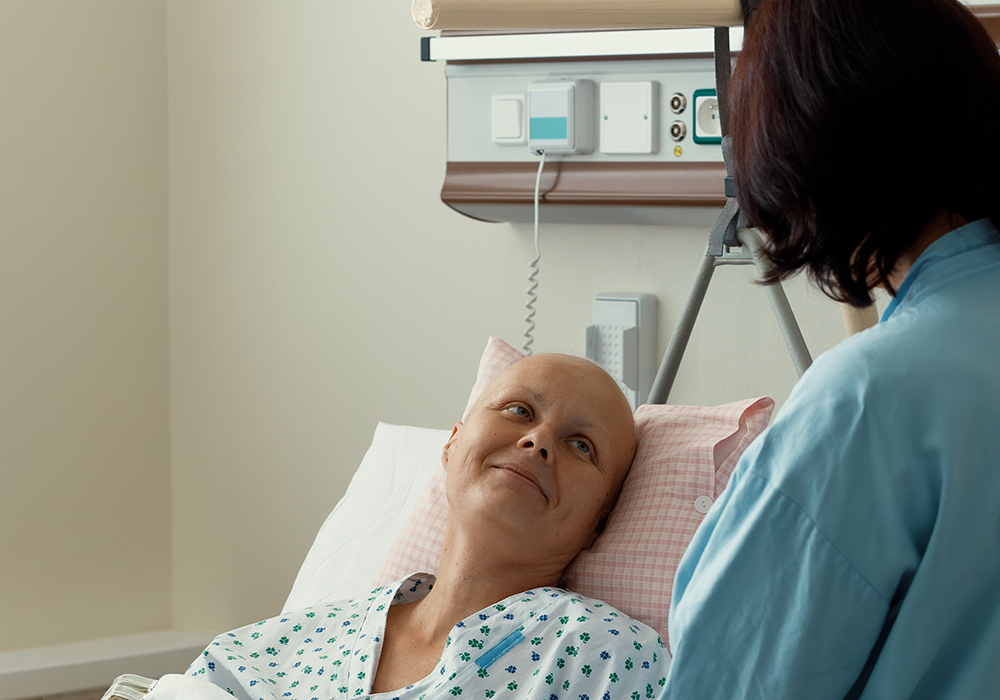By Hunter Reno, DMSc, PA-C

Five months into my oncology fellowship, I was tasked with my first solo consultation during the first week of my palliative rotation. I entered the room and was struck by how young and calm Jane was.
At age 34, she was being treated for cervical cancer that had now metastasized to her brain. She had come into the emergency department with her aunt the night before, reporting intractable shoulder pain and increasing bilateral lower leg weakness.
Recent magnetic resonance imaging results showed that Jane’s disease had progressed to her brain, spine, and shoulder. She was wearing a fentanyl patch on her shoulder from a pain physician in Boca Raton.
As we adjusted her pain medications over the next several days, I would stop by in the morning prior to rounds to assess her status and then later in the afternoon to see how she was managing. Jane was hopeful she could resume immunotherapy, which she felt had been quite effective for her cancer. However, today her oncologist had told her that they had exhausted all treatment options and she had only three months to live.
I checked in with Jane again in the afternoon after that conversation and saw an incredibly sad, weak, and withdrawn woman. She said she was very confused and did not understand. She looked me in the eye. “What is happening?” she asked.
I pulled up a chair. “What did your doctor share, and what do you understand?”
“I only recall something about three months,” Jane said. She grabbed my hand. “Please tell me. You have come every day to check on me. You know what is going on.”
For a moment I was not sure if I was the right person to address her questions. But then I remembered my DNP mentor in palliative care, who compassionately stood bedside, assessing goals of care and eloquently answering questions to so many vulnerable patients as they faced this time in their life.
“You are dying, and you have three months to live,” I told her.
“What should I do?” Jane questioned.
I asked her if she had a supportive household. She said yes, she had two sons, aged 4 and 8, and lived with her mother and aunt while sharing custody with her ex-husband. She said she had a nice backyard and pool, which she enjoyed. She said she wished she could have traveled more, but she knows that is not an option now.
I asked what her major concerns were. She said managing her pain and supporting her mother, who was overwhelmed by her diagnosis and its progression. I told her that hospice could help support her in both areas. I held her hands and said, “I think you should go home with your boys and family unless you want to die here in the hospital.”
That afternoon she met with the social worker and interviewed hospice agencies. The next day, she received palliative radiation on her shoulder and was scheduled to be discharged later in the day. During my afternoon rounds, I went to see Jane and her aunt. When I walked into the room, she was lighter: Her eyes were bright, and she had a beautiful smile across her face. “I am so excited to be going home,” she exclaimed. We sat and talked about what she would do when she got home, like watching the boys swim and play in the yard. I felt a special connection to Jane in those moments.
Two weeks later, as I moved to my next rotation, I was notified that she had died peacefully at home with her family. Her last message was a thank you to her doctor the day after she arrived home. She was so grateful for all the team had done and reiterated her joy being home with family.
Although my time with Jane was short, I was grateful to have made a deep connection by having honest and challenging goal-of-care conversations with her. My palliative care rotation and team taught me how to embark on discussions that address both quality of life as well as quality of death. Jane’s desire to know straightforwardly what was going on with her health empowered her to make courageous choices, as Mitch Albom says in his book Tuesdays With Morrie, “The truth is, once you learn how to die, you learn how to live.”
ONS member Hunter Reno, DMSc, PA-C, is an oncology PA fellow at Sylvester Comprehensive Cancer Center in Miami, FL.






